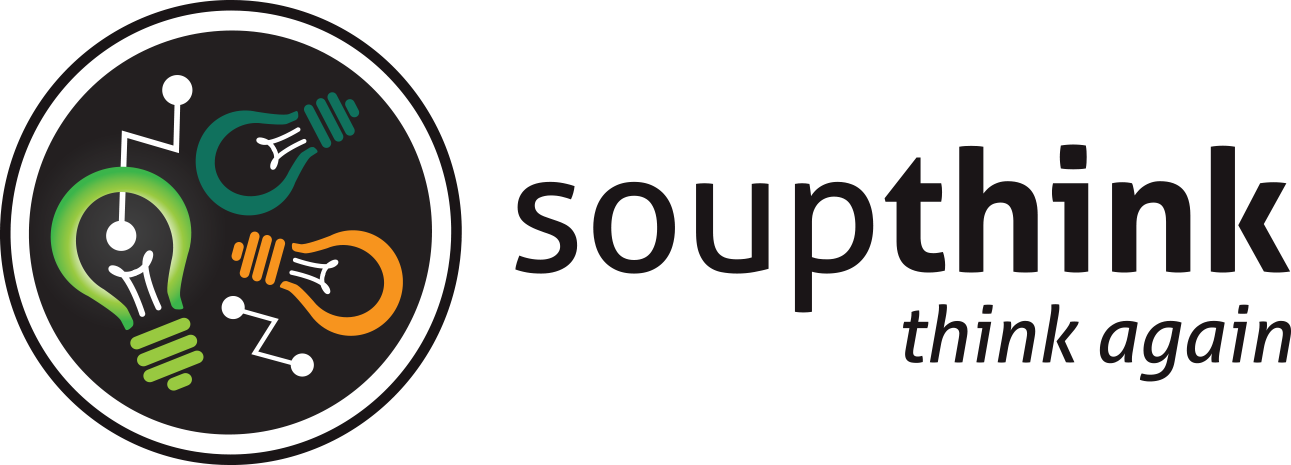Crossing the career bridge in the digital era
Personal photo of Taisho Bridge, Osaka, Japan.
Originally written on June 19, 2015. Republished September 13, 2017.
Another day, another dollar. How many of us are feeling like this? But we struggle on because the world beyond looks even worse, and so much of the media is full of just how hard it is to find other work.
Many of us feel trapped, for any number of reasons. A big one is financial – those of us with partners and families can’t just throw in the towel and go slumming it for a while, as we might have been able to get away with as teenagers. And for those with mortgages/rent and bills to pay, there’s often not much money left over to do much with anyhow.
If people stay too long in a job that is wrong for them, it has a real impact upon their mental and physical health. Something politicians and other powerful people don’t seem to realise is that for the rest of us, there are no golden handshakes and long, leisurely breaks between roles. We don’t necessarily have networks of people who can hire us at the drop of a hat.
Given the speed the world is changing at, we cannot just “drop everything” and suddenly become highly skilled at something else. There is training out there, but I think that in the digital age, the very meaning of training and learning is shifting. In the past, it used to be a pretty common experience that you went to an educational institution, paid attention, took notes, read the course texts, and received a piece of paper at the end of it. Then you took said piece of paper and you went out and found a job.
But now that standardized work is being digitized, standardized education is losing its value too – which means that people who possess only standardized skills are losing (relative) value in the labour market. To get more than just a “job” where you are treated as expendable, you need to be able to learn in a proactive manner.
However, this type of learning is contextual, and often depends upon tacit knowledge developed over time. You won’t find it in a textbook, or a manual, or by using Google. It’s about being able to learn different problem-solving techniques, and to apply them to a problem until it is solved.
And I think that this is part of the reason why frictional rates of unemployment are so high in many countries at the moment. There is no road map about how to use these skills, where to use them, or even when each tool is appropriate, and quite frankly, much of our education system across the world still functions according to the Industrial-era paradigm, not the Digital Era one. And for some (like me) who grew up learning under the old ways, where things worked in a linear fashion, we have to learn a whole new set of attitudes and expectations to go along with the knowledge itself.
But this post is not intended as a long whine. The world is how it is, and we need to adapt to it. One of the challenges lies in shifting from the idea that work no longer stops at the end of the shift – and that instead of thinking that a qualification instils learning, it’s actually now more about practicing and honing the new skills proactively over time. Only by doing this while we’re still in work will we be ready to be productive if life throws us a curve ball.
Finally, having goals to work towards is really valuable – it inspires hope, and gives us a benchmark to measure our progress against. It also feels much better to work towards something one is passionate about in a proactive matter, rather than reacting to things out of fear. Crossing the bridge is not quick or easy, but it can be done – one step at a time!
What’s been your experience in regards to lifelong learning? Have you successfully managed to change jobs within an industry, or to do something completely different? How long did it take you? I’d love to hear your thoughts, or your questions (I can’t promise I’ll have the answers, but I do promise to respond). Please get in touch using the comments field below.
Thank you for reading my post, and good luck in your journey across the bridge!






